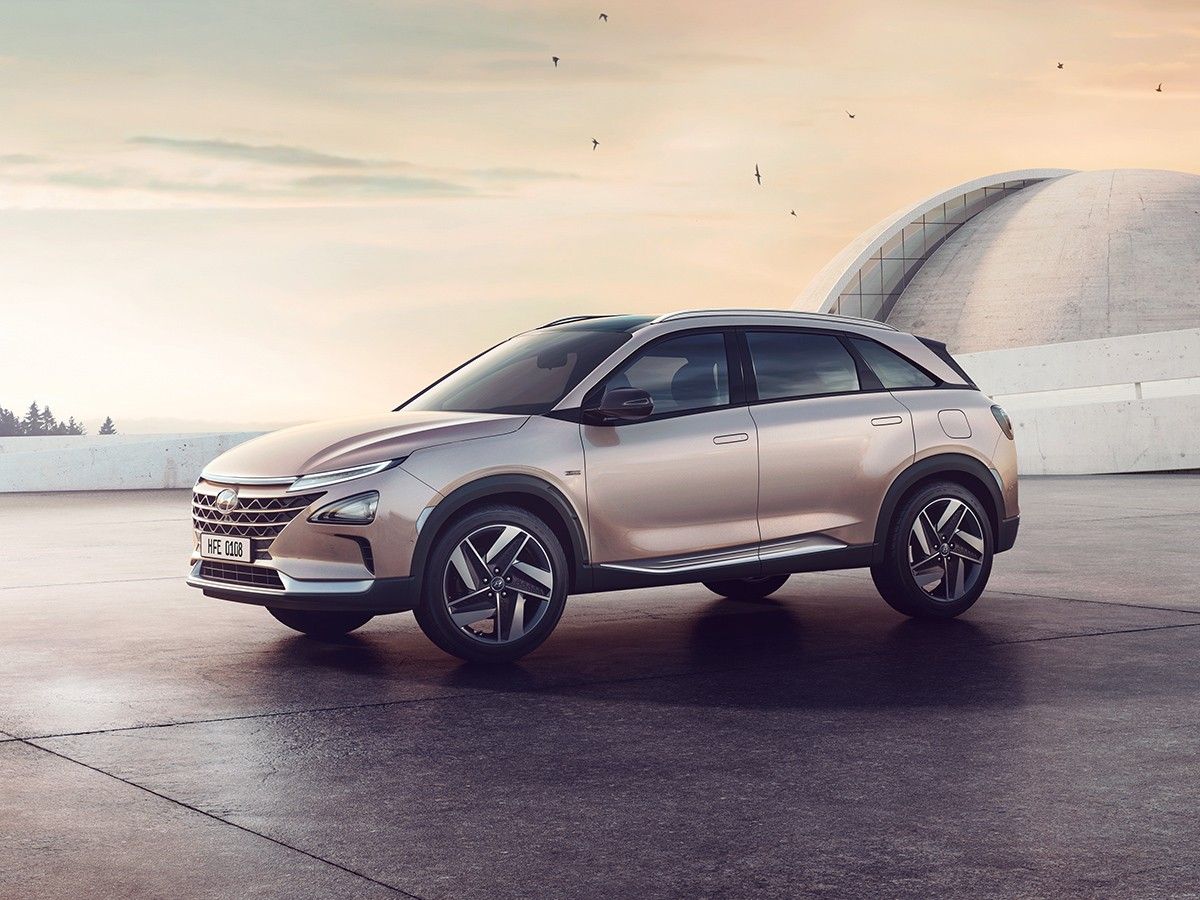ChipChop
MB Enthusiast
I see little evidence that renewables will ever be cheap but feel free to elaborate on why you think at some indeterminate point in the future they will become so.In future it could easily reduce based upon supply/demand, with discounts on very sunny and/or very windy days because the electricity generated must go somewhere. Whilst no doubt some will be captured - using schemes like the water batter my being planned in Scotland - EV owners could be incentivised to store it in the car’s battery. Let’s see.


